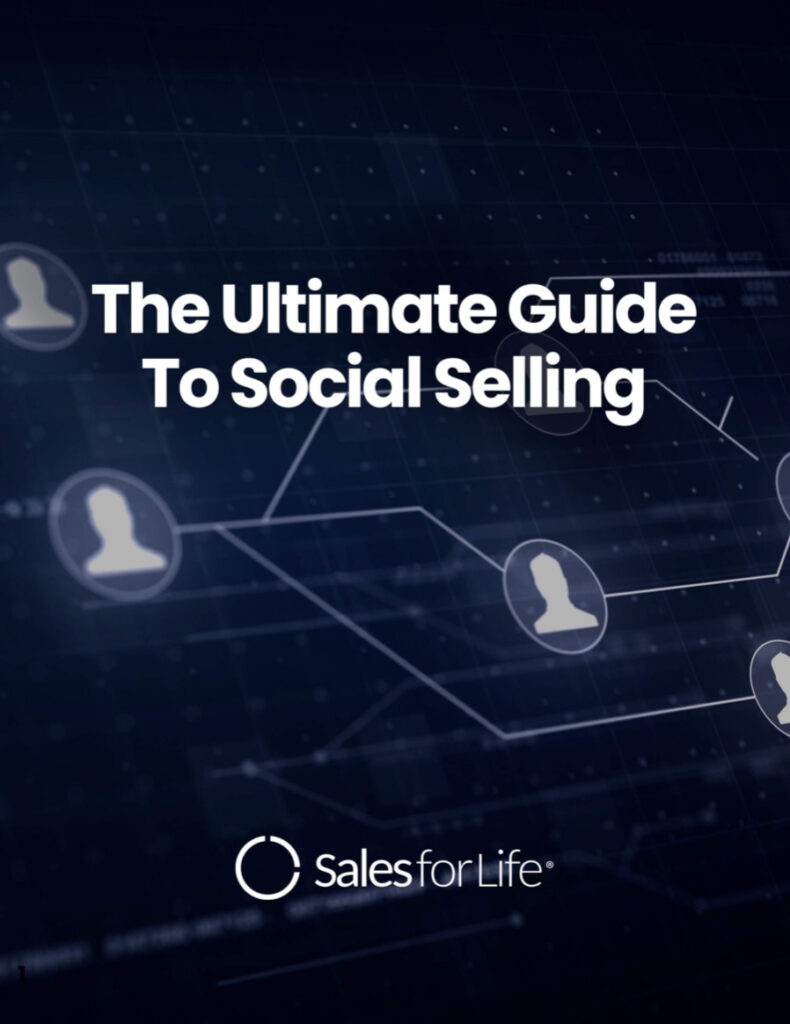Here’s a joke for you:
Two potential customers enter a B2B blog.
They get bored and leave.
Not much of a punchline. Did I say joke? Maybe I should’ve said “jarring reality”.
There seems to be an unwritten rule in the B2B world: Don’t use humor if you want your audience to take you seriously. Humor is widely considered a “B2C thing” after all.
But the definition of good content that I always come across says it’s authoritative, valuable, and engaging.
When your competitors are offering the same kind of information and 54% of B2B marketers struggle to create content that elicits a response, that “engaging” factor stops being an afterthought and starts being a way to differentiate and keep your content from becoming a commodity.
Humor is a tried-and-true way to engage audiences—a highly viral tactic in fact.
But understand that humor isn’t always about making your audience laugh. It’s about adding another layer of value to your content—a genuine human personality—that shines through your reader’s screen.
Humor: As Powerful as Storytelling?
Storytelling has been a regular topic in content marketing conversations, because of its proven capacity to engage and persuade audiences on multiple levels.
But humor can manage many of the same feats as storytelling:
- Humor can impact us cognitively, emotionally, and even physiologically.
- Humor humanizes your voice and evokes a “feel good” response.
- Humor inspires trust in your audience because (like storytelling) it lends itself well to honesty.
In fact, humor often incorporates storytelling in its execution. When you break it down, humor often serves a rhetorical function—that is to say it has the power to influence others.
But how does humor translate to your business’s content marketing?
LOL: Lots Of Leads?
The problem with humor in business is often the paralyzing fear of failing in one of two extreme ways:
- Making a joke that nobody laughs at, which is especially scary when trying to be funny on paper.
- Offending people because comedy usually comes at somebody’s expense.
These fears are founded on the inaccurate assumption that writing with humor is the same as writing comedy. Compare what humorists do to what comedians do. Humor, in this sense, is more of a stylistic choice; comedy is a genre.
Comedy’s end game is a laugh; persuasive humor’s intention is to leverage amusement to align the audience’s perspective with the writer’s. Comedy is about getting you to experience the effect of the punchline; humor is about getting you to the next line. One is often performed as entertainment; the other is part of a “voice” that aims to compel others and hold their attention.
That’s why humor lends itself well to education and, by extension, content marketing. I’m willing to bet that your favorite teachers back in school were the ones who taught with a sense of humor. Some of my favorite marketers, too, are hilarious.
So how can humor help you generate leads and get more out of your content? Well, it has the following impact on your audience:
- Humor enhances agreeableness by emotionally distracting the audience.
- When humor works, it creates an immediate connection that’s been known to encourage further interactions (and transactions).
- Humor associates your argument with a feel-good reaction to make it more compelling.
In the end, it comes down to making your content more engaging by adding a little life to it. A little life makes it a lot less boring, and that goes a long way in making your content convert.
But first, we need to look at some of the most effective ways to use humor.
Use Humor to establish trust (by directing it at yourself)
At first glance, making fun of yourself probably seems like the opposite of “marketing” that’s supposed to communicate value to others.
But self-deprecating humor breeds likability and trust in others. Perceived perfection often invites relentless scrutiny. You know the adage: “If it seems too good to be true, then it probably is.”
We take comfort not in the pretenses but in discovering the genuine side of the people around us. In a world where everything seems to be “first-rate” and “best in its class”, sometimes revealing vulnerability can actually earn you a more lasting confidence from others. Especially when you can deliver on results.
For example, take Hootsuite’s amusing take on Jimmy Kimmel’s “Mean Tweets” series that introduces their new dashboard:
Self-deprecating humor is effective at humanizing a brand. Being comfortable enough to laugh at yourself is often endearing—when you don’t overdo it.
Use Humor to criticize—with authority
As I’ve already mentioned, humor is sometimes born at someone else’s expense. But if your intention is to criticize a flaw, humor can be a good way to go about it.
Here’s my favorite example from our own blog of this kind of critical ironic humor done right:
8 Sites for Free Stock Photos That Don’t Look Like Free Stock Photos
Hayley, the writer of this post, goes on the offensive against the generic stock photo as she uses a little wry humor and some finger-pointing to deliver a collection of stock photo resources.
Not only was engagement fairly high for this post (i.e. it garnered a lot of comments compared to other posts of its kind), but it served to generate a fair few leads according to its Content Score in our Hub.
If you mean to sincerely criticize a certain behavior or aspect of your industry in the course of delivering value, humor is an effective and entertaining way to do it.
Use Humor to form an addictive personality
I’ve written before about how storytelling can help define a brand’s personality. Similarly, humor in varying degrees affects your writing’s personality. Done right, it can make your words addictive and more resistant to the worst skimmers in your audience.
In essence, humor is born from your perspective and if you spend a lot of time with your subject matter then you’ve got some amusing stories and insights that will resonate with audiences that share the same interests.
In some ways, this can even help establish your authority. Humor has been tied to intelligence (and mating success *wink*) and it’s present in some shape or form in cultures around the world. Audiences appreciate humor as a way to demonstrate intelligence — you’ve probably heard people react to humor with exclamations of “That’s so true!” or “Why didn’t I think of that?”
Don’t be put off by the fear that a few chuckles will damage your credibility. If anything, a sense of humor could compel others to take you more seriously.
Humor in B2B: Smiling Through The Screen
Tyler Ryll, who you might know from the Uberflip Client Success team, once told me, “If you smile when you talk on the phone to customers, they can hear it on the other end.” Tyler’s also got a sense of humor that he’s not afraid to show customers. Needless to say, he’s good at his job.
I think what he says is true of creating content too. If you’re “smiling”, your audience can tell. If you’re bored, they’ll pick up on that too.
Humor might not be for every brand or piece of content, but employing your sense of humor to write with a smile—with the intent to convey positive energy— is something most B2B brands can do to spur engagement.
Humor doesn’t have to be overt; it can be just as effective when it’s subtle.
Don’t try to be funny; Try to be interesting
I’m not saying that you should start telling “knock knock” jokes in all your content. But if your content library is lacking more “light-hearted” pieces of content and your audience has a sense of humor, you’re doing your brand a disservice by trying to suppress yours. Refine it instead:
Ensure you’re dishing out the right dose and you’re editing your humor to hammer it home.
Good content marketing can include entertainment in its mix, but humor as a communication style is often just about saying interesting things in interesting ways. And editing it after. Lots of editing.
Still, when you’re attempting to use humor in your writing, aim to get a smile out of your audience instead of a laugh. It’s easier to turn a frown upside down than get a sincere “LOL”. You’ll avoid the dead air, the chirping crickets and the rolling tumbleweeds that come with attempting humor’s riskier offspring Comedy.
At the very least, most of us will appreciate that you cared enough to try to make us smile.
Above all, don’t be afraid to bring a sense of humor to the table, because the last time I checked, B2B stood for Business-to-Business, not Being-too-Boring.
Learn more about creating some engaging content in our Ultimate Guide to Content Creation eBook.



